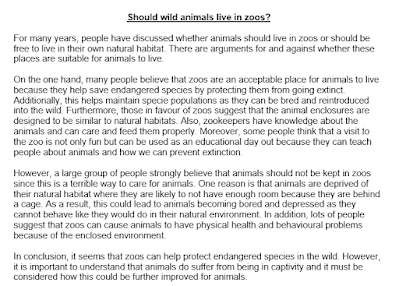Good morning Himalayas,
If you are well enough, here is your work for today.
Maths:
English:
Today, we will be looking at sentence signposts. A sentence signpost helps guide the reader through the argument and help to:
- Add on and order ideas and views.
- Introduce other viewpoints.
- Conclude.
Sentence
signposts which ‘add on and order ideas and views’:
For
example:
• In addition.
• Furthermore.
• Additionally.
Sentence
signposts which ‘introducing a different viewpoint’:
For
example:
• On the other hand.
• However.
• First of all.
Sentence
signposts which ‘conclude the discussion text’:
For
example:
• In conclusion.
• Looking at this from both sides.
• Overall.
Design and Technology:
We are starting our new topic where we will be making bread. I want you to think about what the words sweet and savoury mean. Are there any foods you have eaten which are sweet and savoury?
- Sweet means having the pleasant taste characteristic of sugar or honey.
- Savoury means it belongs to the category of salty and spicy.
Examples of sweet bread:











